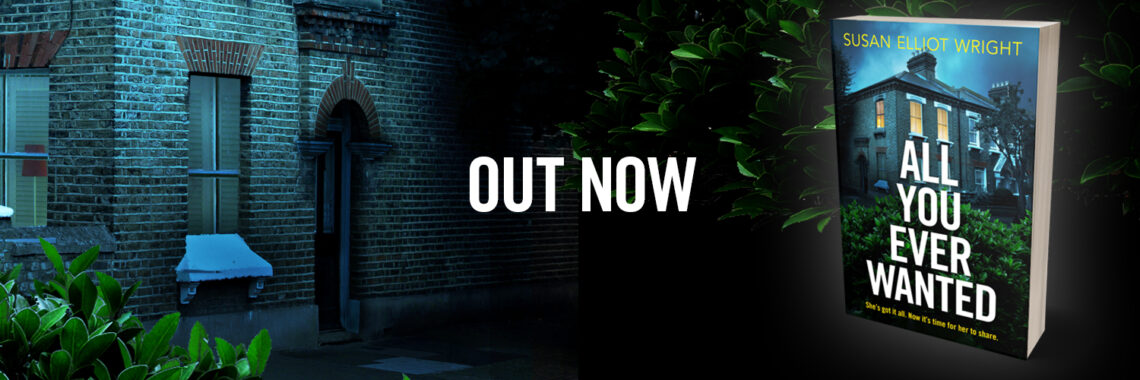I absolutely loved Jane Rusbridge’s first novel, The Devil’s Music, so I was very much looking forward to Rook. And what a treat it turned out to be! It’s now some weeks since I read Rook; various things have conspired to stop me from reviewing it until now, so when I came to write this I was concerned that I may have forgotten large parts of the novel. I needn’t have worried; as soon as I began to flick through the pages, I was drawn in again to this strangely haunting and atmospheric story.
Nora, an accomplished cellist, returns to Creek House, her childhood home in Bosham, West Sussex in order to come to terms with the break-up of her relationship with Isaac, her teacher and mentor. Nora attempts to fill the hole in her life by running near the sea and giving cello lessons to local children. But it is only when she comes across a half-dead baby rook in a ditch that her life begins to regain a sense of purpose as she nurses the fragile creature back to health. Rook, as she calls him, becomes a strikingly present character in this novel and is wonderfully described, both as a sick baby bird, and later as a rather feisty adolescent:
‘Rook hops and swaggers across the floor towards her. He pauses a little way from her feet and, with a twitch of his head to one side, eyes her up and down. With an extravagant shimmy of feathers, he shakes out his wings before stretching out his neck to dip his head in greeting, his long-feathered tail fanned as proudly as a peacock’s.’
Nora has secrets; she has lost Isaac, and seems to have abandoned a promising musical career, but we don’t know exactly why. What has driven Nora to return to Creek House and a mother with whom she has a strained relationship, to say the least? Ada, whose memory is fading and who spends increasing amounts of time in the past, has secrets of her own. She is bitter and self-centred, and she’s tetchy and snippy with Nora. The tension between them thrums throughout the novel.
There is little comfort here for Nora and perhaps this is why, with the help of Harry, the quietly perceptive odd-job man who works for Ada from time to time, she focuses her attentions and affections on Rook, whom she nurtures until he becomes less a cute baby bird and more an intelligent, perceptive and protective force to be reckoned with.
The other ‘character’ with whom Nora finds real meaning and solace is her cello. At one point, she goes down into the cellar of Creek House to play:
‘… she sits without thinking further and, with the urgency of long deprivation, begins to play the Martinu Cello Concerto no 1: the first movement – Allegro poco moderato. When she’s finished, her arms are shaking and she’s breathing hard. Heart racing, she leans her head against the cold of the cellar wall.’
She is overheard by Harry who sums up not just the emotional depths, but perhaps the very purpose of her playing: ‘This is something else and it’s like…an excavation.‘
The theme of things being buried and uncovered runs through the novel as the relationships between the characters and the secrets they harbour are examined against a backdrop of an even bigger excavation – the potential exhumation of the body of King Cnut’s illegitimate daughter, who is buried in the local church.
A novel of complex relationships and the uncovering of buried secrets; the language is lyrical and the rhythm of the prose melodic, reflecting the music that is so much a part of Nora. This novel made me want to listen to cello music and then run out to the woods to watch the rooks; As with The Devils Music, the landscape is beautifully evoked. Jane Rusbridge has an incredibly sharp eye for detail, both in terms of nailing the aspects of a character’s personality, and also in terms of the imagery. This is an exquisitely written, atmospheric and deeply affecting novel.
For more about me and my work, visit www.susanelliotwright.co.uk
And to access a list of recipes and book reviews on this blog, go to: recipes and book reviews and scroll down the page (past the writing bits)
